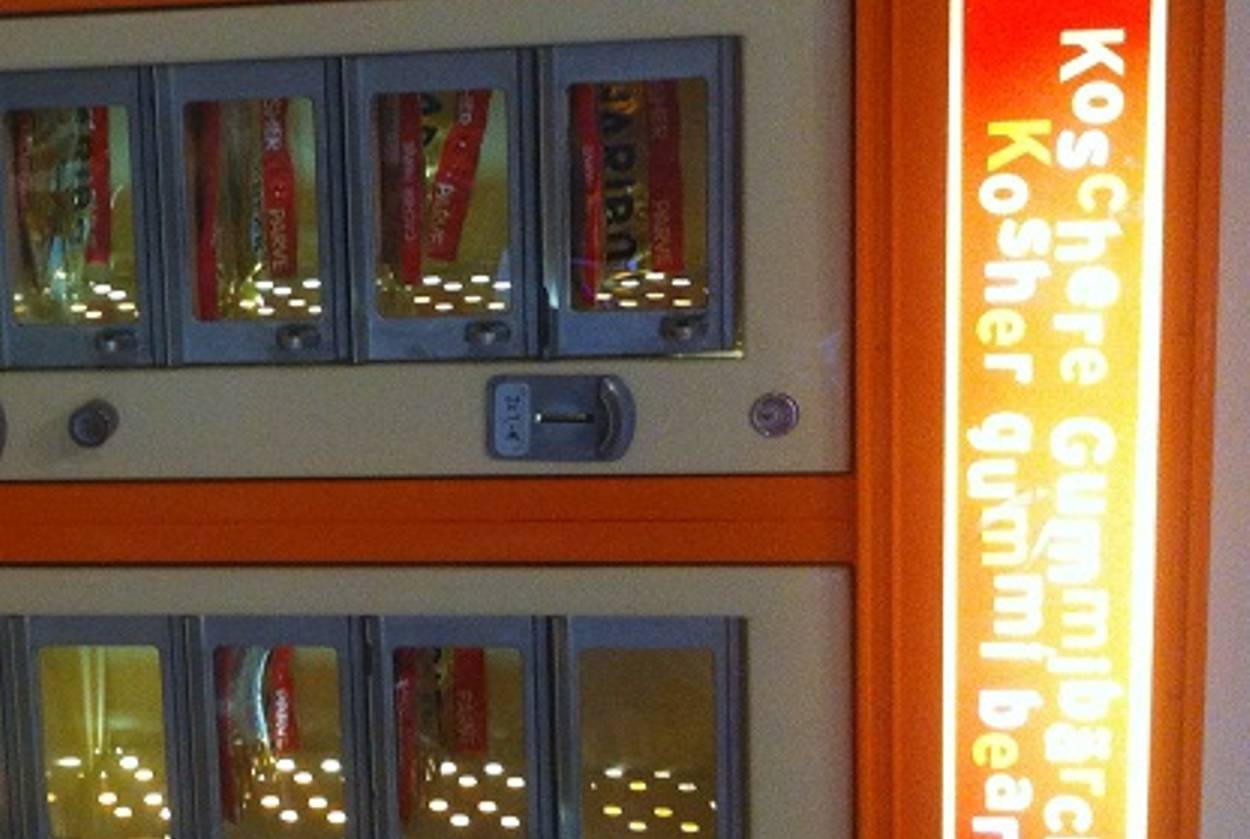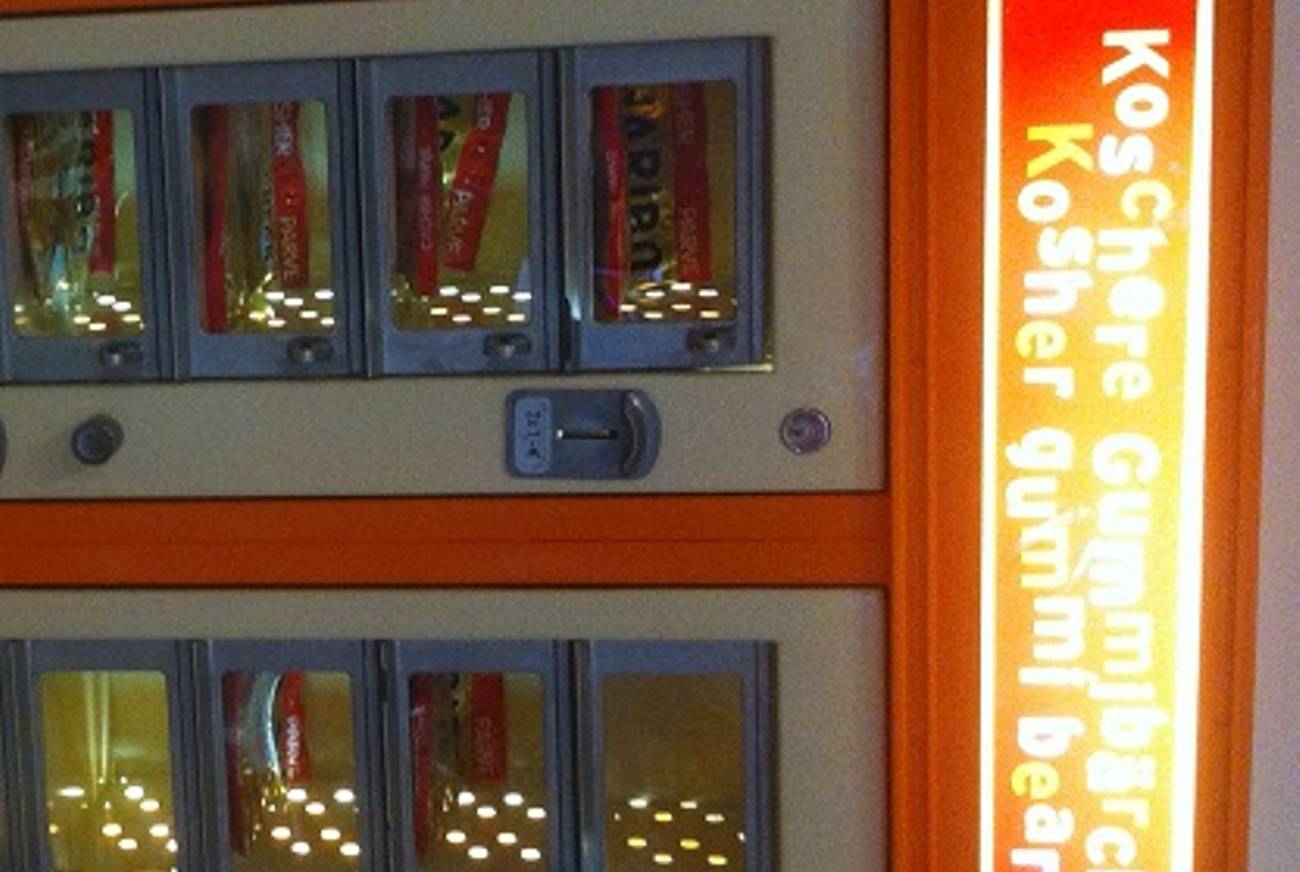Do Your Favorite Gummy Bears Have a Nazi Past?
Questions you never thought you’d have to ask




Ambling through the Jewish Museum in Berlin last summer, I came across a vending machine offering two-euro bags of koshere gummibärchen. The brand of gummy was Haribo, high among the world’s most-popular brands, which I thought had been placed in the museum as an emblem of kitsch…considering that gummibärchen contain gelatin and therefore ist nicht koscher! I didn’t realize it at the time, but gummy bears have deep German roots. Einstein was said to have loved ’em and, according to legend, Kaiser Wilhelm II had them to sent Holland during his unceremonious exile after World War I.
Haribo is the original gangster of the gummy bear game, the company is named for Hans Riegel of Bonn. That’s HA-RI-BO. Riegel is largely credited with the invention of the confection and the company is in the news today because Hans Riegel Jr., the son who took over the business in 1945 after his father died, passed away today at 90.
The company founder died in 1945. Upon being released as allied prisoners after World War II, Riegel and his younger brother, Paul, set about rebuilding the family firm. Haribo had only about 30 employees immediately after the war but, as West Germany’s economy took off, the number was up to 1,000 five years later.
Why the number of employees was so low seems to be the source of some historical dispute. On the one hand, there was a massive war that depleted countless resources and halted production and also probably sapped the demand for candy. But, according to Time, there’s may be more to it than that. Back in 2000, a consortium of companies that used forced labor, including Jews, during World War II created a $2.4 billion fund for the surviving workers. At the time, there were some holdouts.
Tagesspiegel, a Berlin newspaper, wrote to 12 companies asking why they had not joined the foundation. Only half responded: adidas-Salomon, maker of sneakers, said that the board of directors was currently weighing its participation, while Grunzweig & Hartmann, a producer of insulation, said it didn’t feel obliged to contribute because it was part of a French firm in World War II, under “forced administration.” Haribo, makers of the jelly bear candy sold around the world, was named in the German parliament as having used forced labor, a charge it denies. It says of the fund that “under the cover of alleged solidarity the thesis of collective guilt is being brought up again. There is no doubt about the suffering that existed but that cannot be righted now.”
Hardly an inspiring remark. Does this mean Haribo did bad things? Like a gummy bear, it’s a little opaque.
Adam Chandler was previously a staff writer at Tablet. His work has appeared in the New York Times, the Wall Street Journal, the Atlantic, Slate, Esquire, New York, and elsewhere. He tweets @allmychandler.